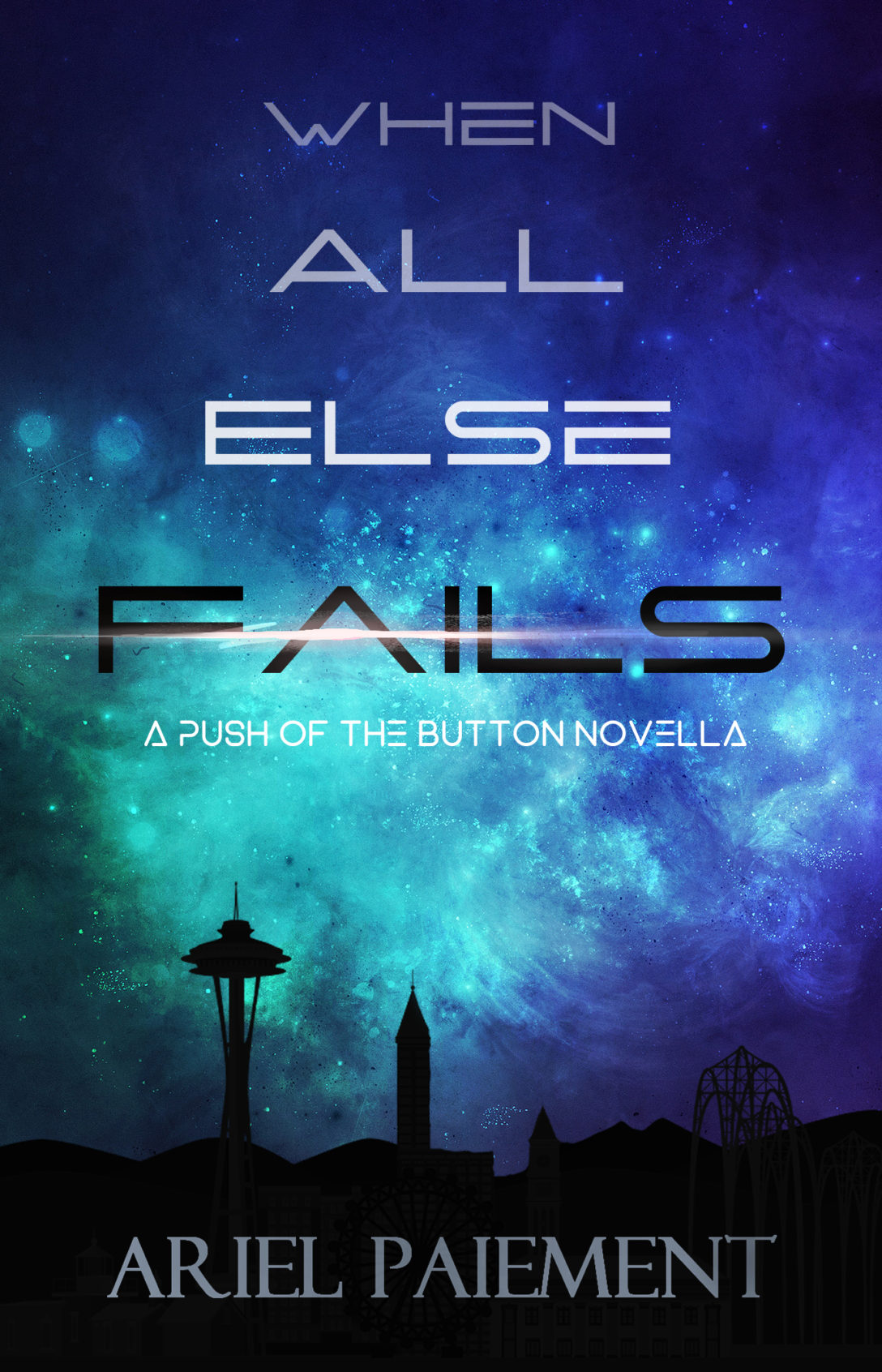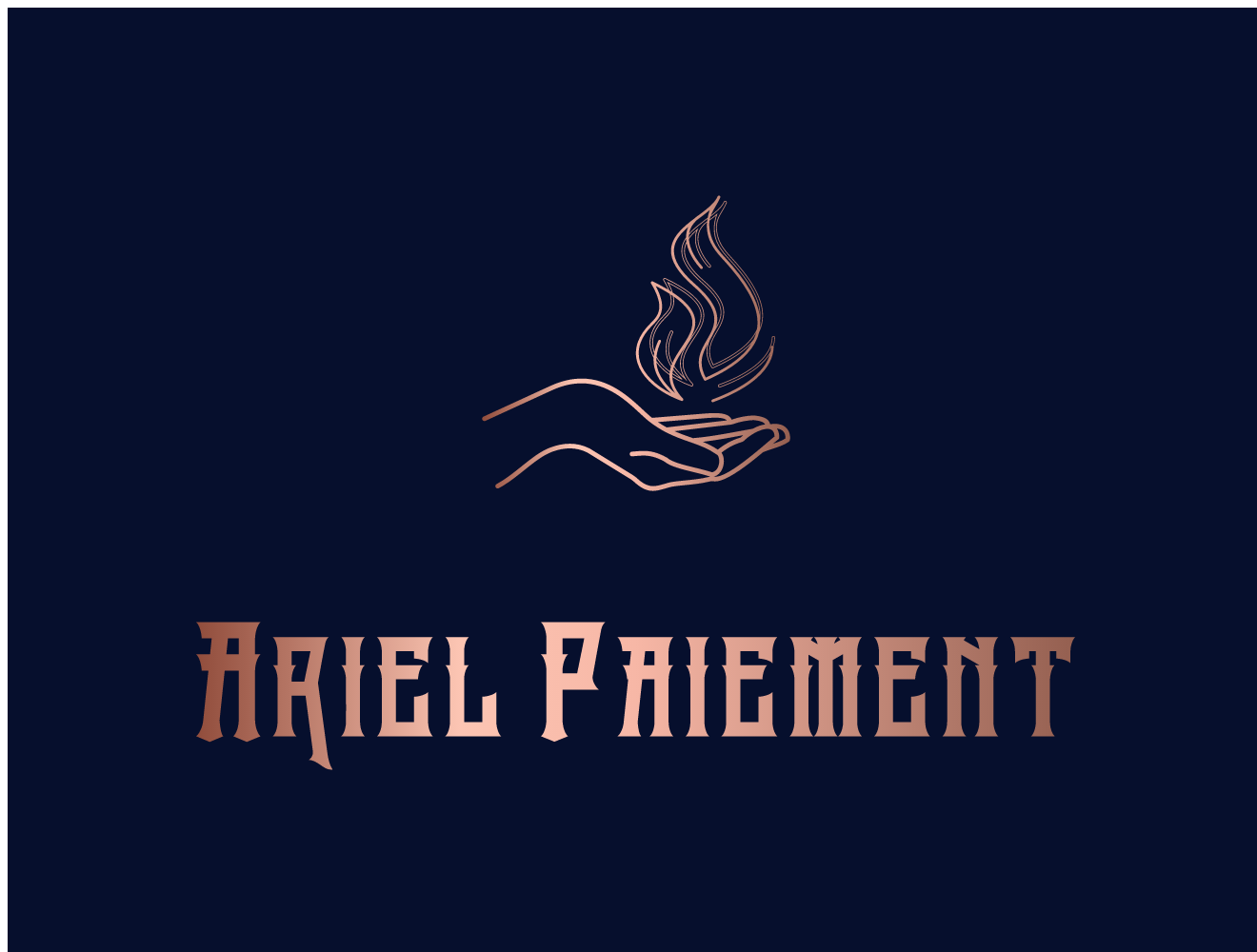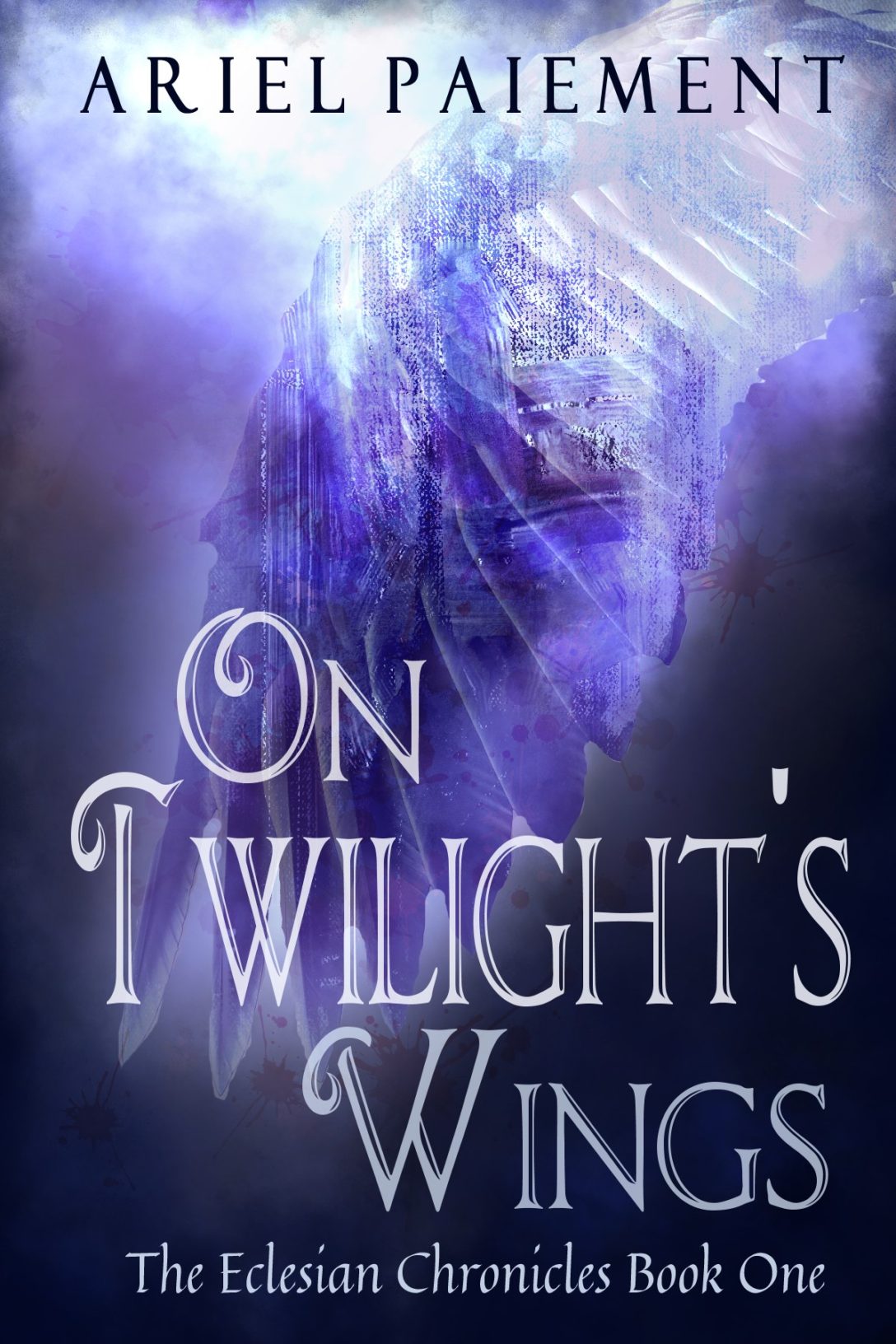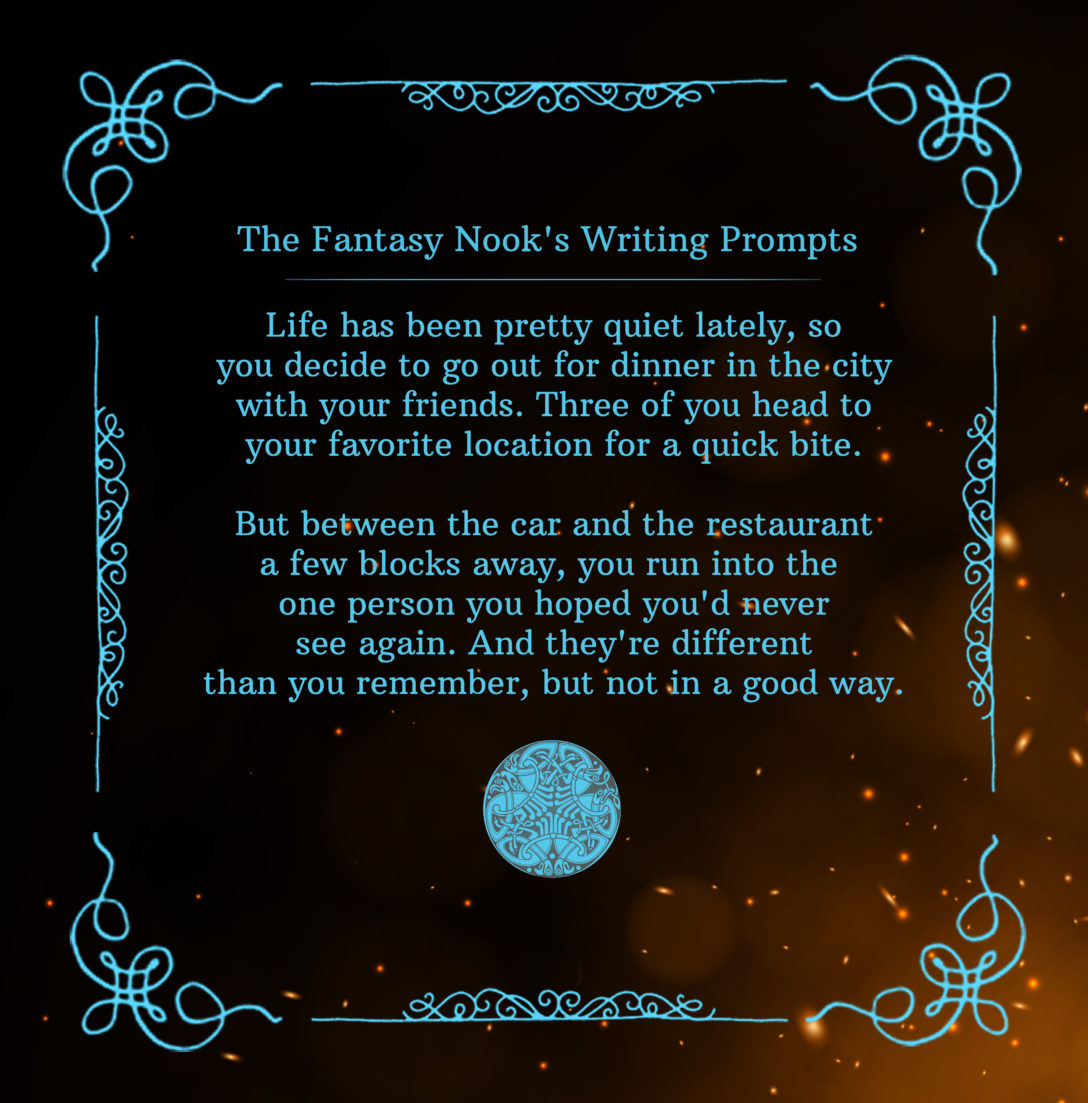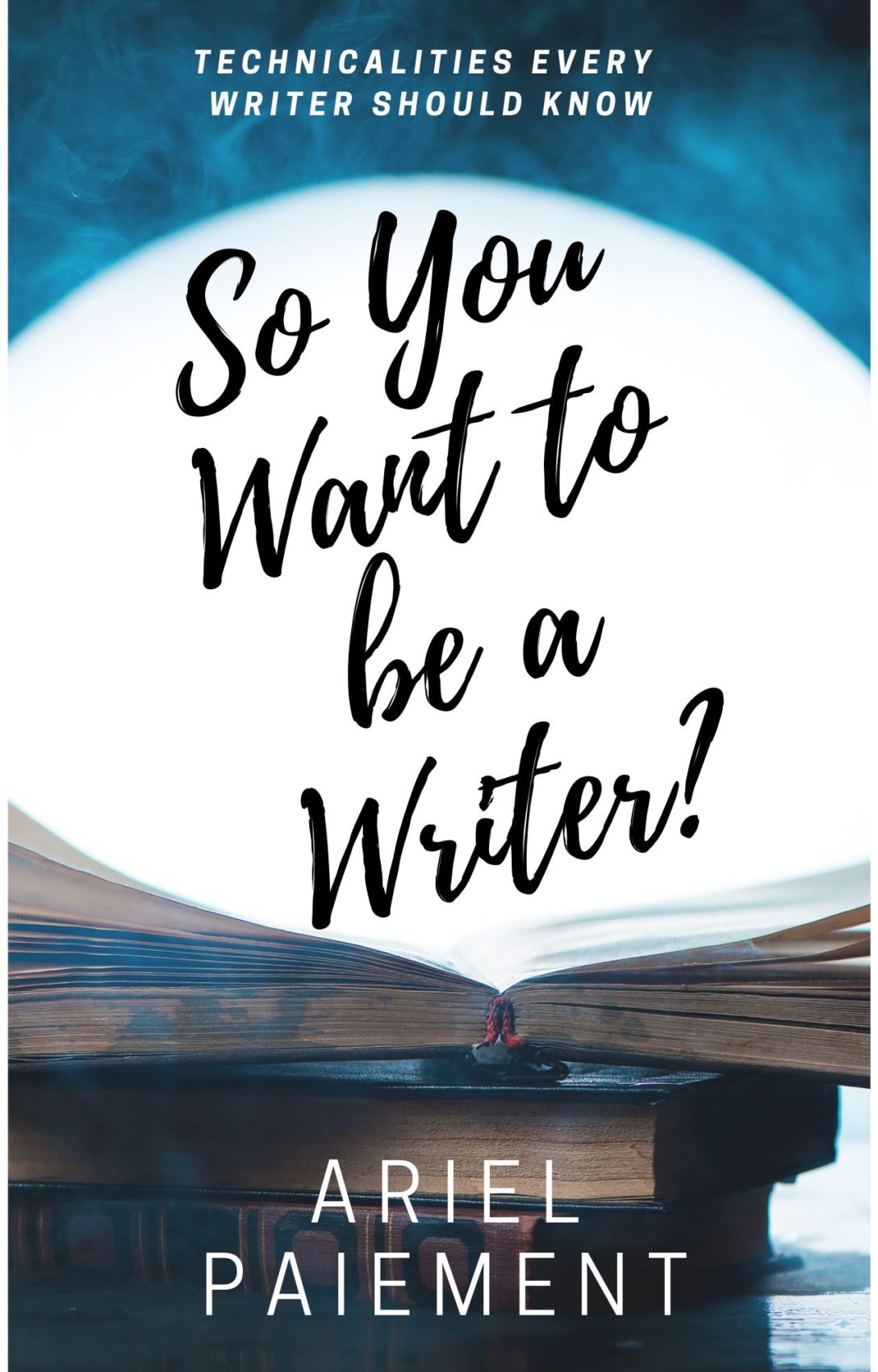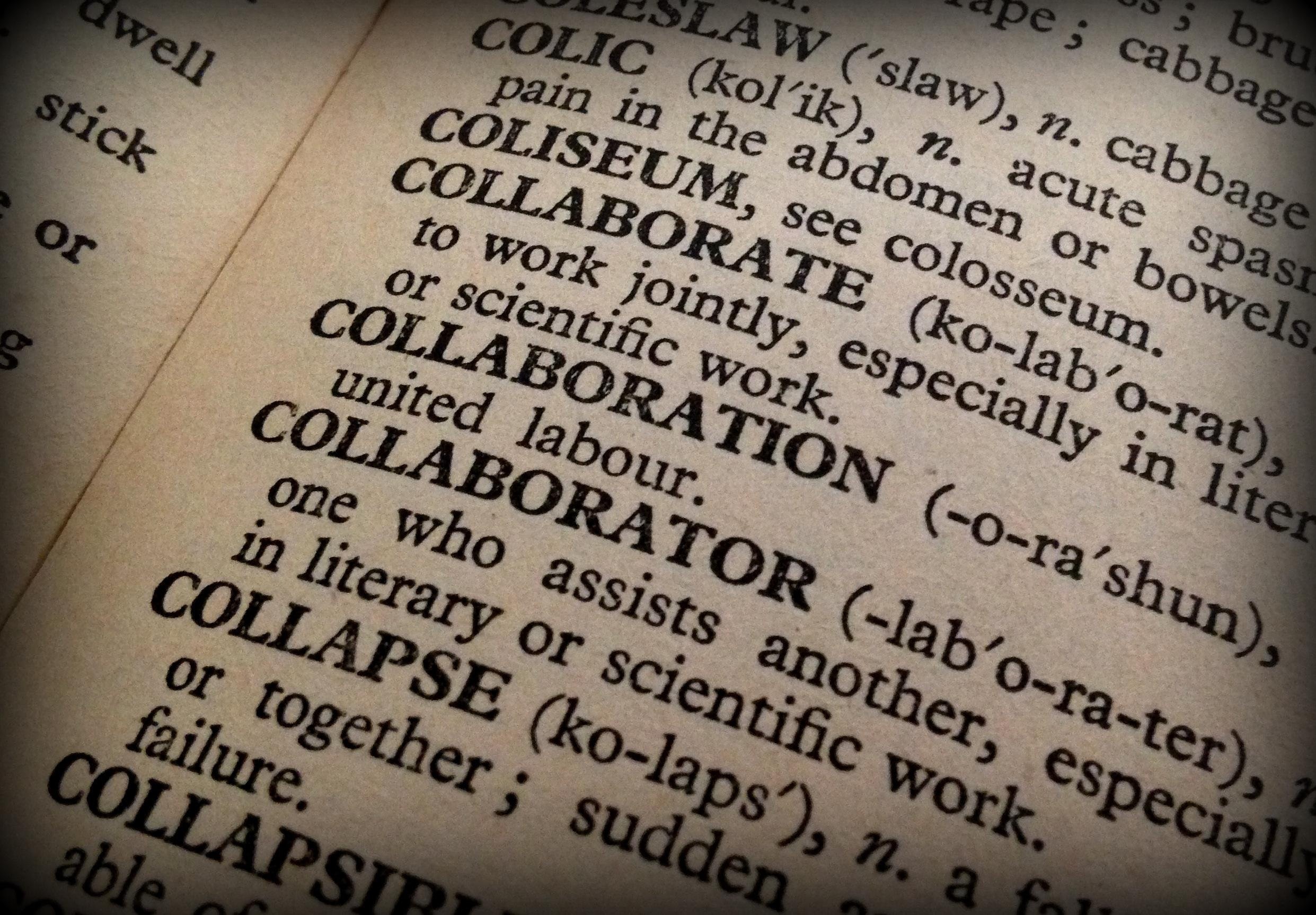This selection comes from When All Else Fails, once again, since it’s all I’m really working on right now besides some short fiction pieces that I’m not really focusing on too heavily at the moment. So, without further ado, this week’s WIP selection!
~~~
VIV HURRIED ALONG the street to her house. If only she could’ve stayed to listen to Seb and Mr. H. But the two had been talking about Seb’s questions and God for at least two hours, and she’d needed to get home before they noticed she was missing. She really needed to move out. At twenty-two, it was more than time, and unlike the previous year, she wasn’t close to her family. She loved them, of course, but they didn’t understand her anymore, and she was forbidden to talk about anything that questioned the Supremacy.
She eased the door open with a heavy sigh. Yes, it was time to move on before she landed herself in any more trouble or made relations any more strained than they already were. She slipped inside and shut the door.
“Vivian.” Dane’s voice startled her. “Where are you coming from so early?”
Why was he up this early? She froze, her hand on the door knob still. “I went for a walk. I’m usually back before anyone wakes up. What are you doing up?” She turned to face him with a tight smile.
“You don’t take walks on Saturdays because you sleep in. The door’s system logs also don’t show any regular trips on Saturdays.” His jaw clenched. “But you know what they do show?”
He’d totally ignored her question. Clearly she couldn’t have a variation in her routine, but the same standard didn’t apply to him. She swallowed hard and shrugged. Why? Why was he snooping? He’d always been overprotective and a little too concerned with her for her comfort, but this? Had Mom and Dad put him up to it?
“You go out during quiet hours on Sunday mornings. Everyone, even law enforcement, spends those hours doing what good citizens do. Two hours of reading the Codex. Everyone but you, anyway. You get back just in time to avoid being caught.” Dane narrowed his eyes. “Whatever you’re up to stops now, Vivian. Before it’s too late.”
He knew, and he was furious. He never called her by her full name unless she’d really messed up. And as for his anger? That was written all over his face. He knew more than just that she wasn’t behaving like a good citizen. How though? Well, it didn’t matter. That he knew was all that did. Now she had to find a way out of this without lying to his face. “For real, Dane?” She rolled her eyes, but her heart thumped wildly against her breast. Dear God, please, let him drop it. “What do you think I am? Some sort of spy? I’m not up to anything.”
“Don’t dig the hole deeper. Don’t make me do something with what I know,” he murmured softly.
She shivered at the menacing tone and shoved her hands into her pockets. “You mean what you think you know.” Had he noticed her trembling? “I haven’t done anything.”
Dane chuckled and shook his head. “You’re not a good liar, and you’re not fooling me. Come. You should see something.”
She stared at him. “Since when did you decide I was a liar?”
And since when did her little brother act like this? He’d always been a little cool toward Seb, and she could see him doing this sort of thing with her best friend, but that was different. Dane didn’t like Seb because… She frowned. Because why? She’d always assumed it was because Dane didn’t like hearing things that contradicted the Supremacy. But with everything that had happened the last few days, could she really believe that? What if there was more to it?
He crossed his arms. “According to sub-section fifty-five of the Codex, humanity is selfish and acts in its own best interests, which is why we have the Codex and the Supremacy to keep us in line so we do not succumb to the evil inherent in us all. We have no basis for truth unless it suits us.” He stopped quoting the Codex with a frown. “You’ve proven that really well lately too.” He inclined his head toward his bedroom down the hall. “Now, are you going to come with me or do I need to make you?”
Maybe if she played the older sister card? “You want me to tell Mom and Dad you need to see a shrink, Dane? You’re acting crazier than normal, and if you don’t stop it, I’ll–“
“You won’t say anything. Mom and Dad are out of the house because they know I needed to talk to you about things. They’re not going to be here, so just quit acting like a five year old threatening to tattle. Acting like you’re not a mature adult isn’t going to get you out of anything.”
Her stomach roiled. So much for that ploy. Well, she hadn’t really expected it to work. Dane knew better. He knew her too well, and he always had. “Okay, fine… I’m not going to say anything to them. You already knew I wouldn’t though or you wouldn’t have been so rude at the door earlier.”
“Mom and Dad won’t shelter you from everything. Keep that in mind before you tick me off.”
She blinked. What? He acted like their parents would side with him over her. In what universe had that ever happened? She was their heir, and as such, they gave her more responsibility and trusted her way more than they did her irresponsible younger brother. “Hold on. Shelter me? Mom and Dad do not shelter me.”
Dane turned his back on her and headed for his room.
“Dane, wait! Explain.”
He didn’t answer her, and he didn’t turn to look at her, so she followed, her heart in her throat. Somehow, the sense of dread just grew with each step toward the bedroom until her heart was in her throat and her stomach had dropped to her toes. What could he possibly mean? Had he found her notes? Bile surged in her throat. She’d hidden them. No one should be able to find them.
They reached his room, and he held the door open for her. She shuffled over the threshold. The door clicked shut, and she stared at the bed where all her notes and files lay in neat piles. No. No, he couldn’t have these! How? She tensed and had to keep herself from turning to run. If she did that, Dane would stop her anyway.
His hands came to rest on her upper arms, holding her in place. As if she could’ve moved to start. She was frozen in indecision now, no longer fully functioning. “Now, Vivian,” he murmured gently against her temple. “I’m a lot of things, but stupid isn’t one of them. Maybe quit pretending you’re the stupid one, and we can talk this out as equals?”
She swallowed back tears. “I…” She couldn’t even get the words out past the lump in her throat. “I don’t know…”
“Shh… Shh…” His grip tightened on her arms. “Think very, very carefully before you lie to me, little girl. One slip that you’re one of the Diexebels, and poof. You end up in some freak accident or you vanish with a note that you couldn’t handle the pressure anymore. We wouldn’t want that, would we?”
Her parents would never, ever allow that. He had to be kidding. Her baby brother wouldn’t dare rat on her, would he? Was he really that brainwashed? Could she still deny this? No, probably not. “Come on, Dane. You wouldn’t really give me up to the Supremacy’s lackeys, would you? You’ve always said you value family more than anything.”
Dane spun her to face him and forced her to back up until her calves hit the bed. Then he pushed her down to sit between the stacks of papers with a tight smile. “I do, but that situation doesn’t apply here.”
~~~
Well, that’s it from me this week! What do you guys think? And what are all of you up to lately? If you want to, feel free to share in the comments below. I love hearing what everyone’s been working on or reading lately.

